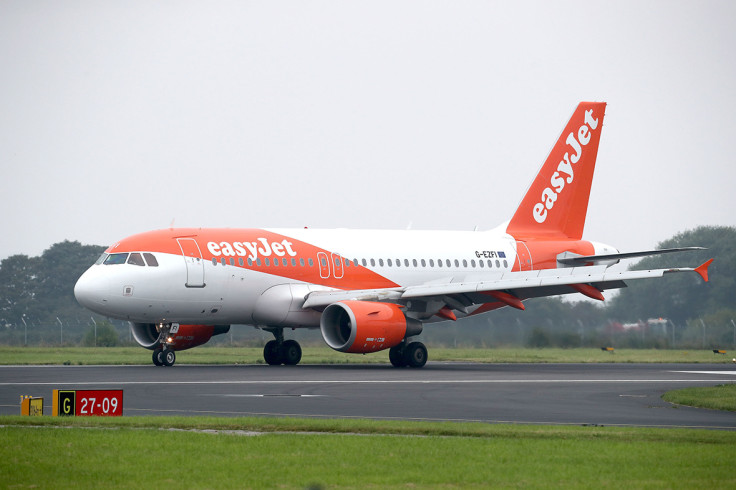Weak pound and terrorist attacks clip easyJet's wings as profit tumbles
Budget airline posts 27.9% drop in profit due to 'external events', despite carrying record number of passengers.

EasyJet blamed "unprecedented external events" for a sharp decline in annual profit, as unfavourable foreign exchange currencies contributed to a drop in revenue even though the airline carried a record number of passengers in the period.
The pound's decline following Britain's vote in favour of leaving the European Union translated into £88m of foreign exchange headwinds, which contributed to drag profits before tax in the 12 months to 30 September down 27.9% year-on-year to £495m.
The figure was in line with the revised guidance the budget carrier issued in October, when it revised its full year profit forecast down to a range between £490m and £495m.
Revenue, meanwhile, edged 0.4% lower compared to a year ago to £4.67bn, while earnings per share tumbled 21.9% year-on-year to 108.7p per share.
There was, however, brighter news on the passengers front, as the airline carried a record 73.1 million travellers in the period, 6.6% higher than in the previous year, while the load factor rose from 91.5% to a record-high 91.6%.
In October, easyJet said an "extraordinary" year of terror attacks, a summer price war and a weak pound would see annual profits tumble by more than a quarter and while the forecast turned out to be accurate, group chief executive Carolyn McCall said there were reasons to be optimistic.
"The easyJet model remains strong as does the demand environment and we continue to see opportunities in the medium term to grow revenue, profit and shareholder returns," she said.
"In a tougher operating environment strong airlines like easyJet will get stronger and we will build on our already well-established network."
McCall added half of the group's growth next year will be in the UK, with significant growth also in Switzerland, France and Italy.
"Our strategy of strengthening our positions at our key airports will see double digit growth in key bases in London, Manchester, Venice, Berlin and Amsterdam," she explained.
Last week, easyJet's main rival, Ryanair, stated it was confident of delivering growth across Europe, despite the Brexit impact, which has seen it reduce its planned UK growth in 2017 from 12% to about 5%.
The Dublin-based airline reported an increase in first half profits, despite the challenging post-Brexit vote environment.
© Copyright IBTimes 2024. All rights reserved.






